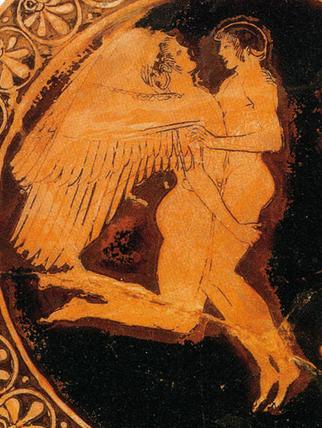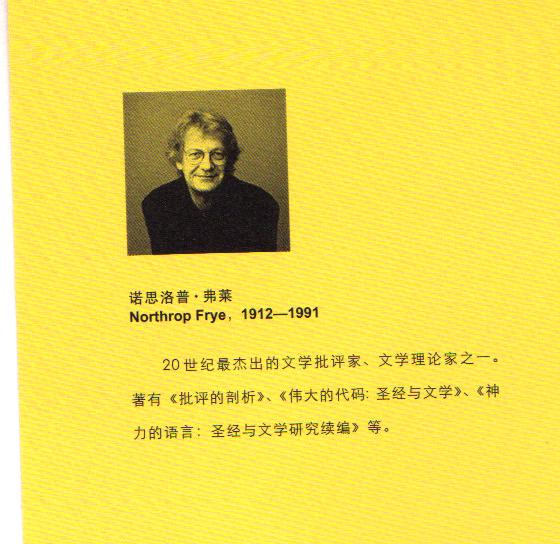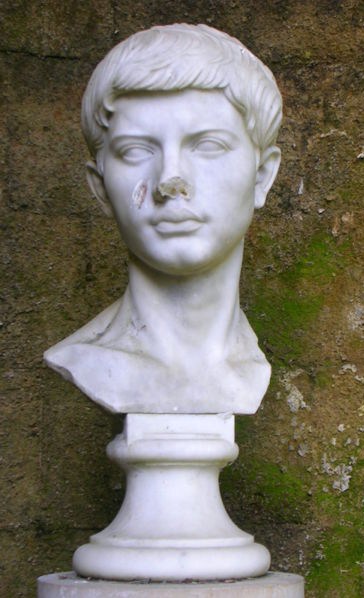httpv://www.youtube.com/watch?v=GE3Vosi_iY8
A clip from the very cheesy Hammer Films 1965 adaptation of She, with the imperious Ursula Andress playing “She who must be obeyed”
H. Rider Haggard died on this date in in 1925 (born 1856).
Frye in The Secular Scripture on the archetype of the earth-mother and Haggard’s She:
In the theme of the apparently dead and buried heroine who comes to life again, one of the themes of Shakespeare‘s Cymbeline, we seem to be getting a more undisplaced glimpse of the earth-mother at the bottom of the world. In later romances there is another glimpse of such a figure in Rider Haggard’s She, a beautiful and sinister female ruler, buried in the depths of a dark continent, who is much involved with various archetypes of death and rebirth. In the Xenophon of Ephesus the hero meets an old man who continues to love and live with his wife even though she has been embalmed as a mummy: similar themes are also in Haggard’s story. Embalmed mummies suggest Egypt, which is preeminently the land of death and burial, and largely because of its Biblical role, of descent to a lower world. (CW 18, 75-6)




